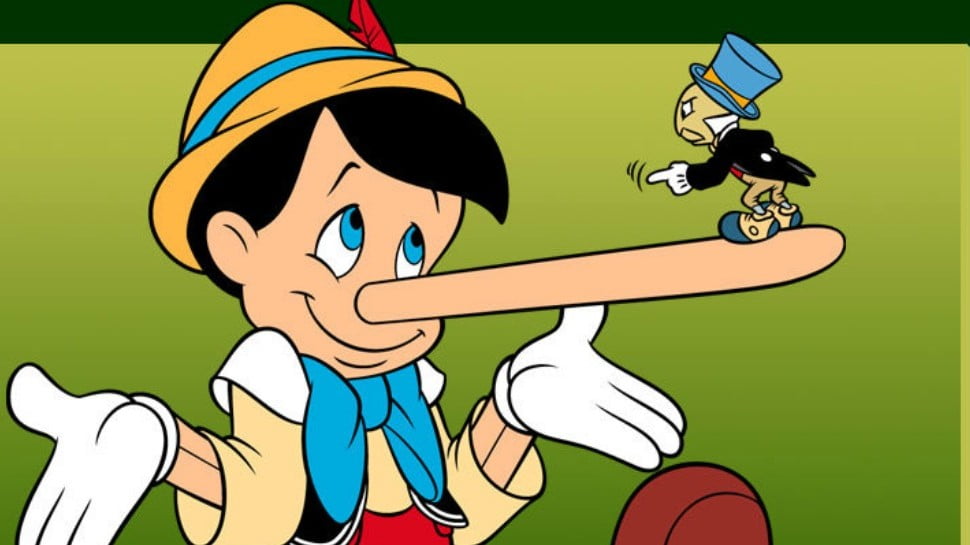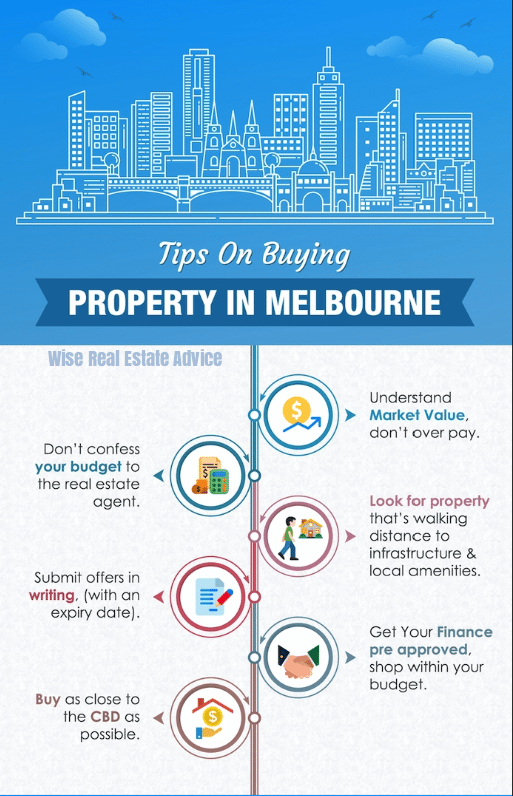The question every property buyer asks “Do real estate agents lie?”
My name is Mark and I’m a buyer’s advocate that owns my own agency. I deal with agents on daily basis, purchasing 100’s of homes across Melbourne each year. Prior to this, I used to be a real estate agent for Victoria’s largest real estate franchises.
To answer the question in short, I’ve experienced highly ethical agents, some are good and tell white lies to get a deal done and some are unethical, telling whopping big lies to get the deal done.
This article covers my experience with Melbourne’s real estate agents.
Lies Buyers Will Come Across
‘The House Is Fine’
Prior to finalising a property sale I always suggest conductnig a building inspection on an older home (10 + years). A major structural defect could cost $30K to $40K to repair. A building inspection cost’s $650.00 approx. I consider it a cheap insurance policy.
Throughout my career, I’ve only uncovered a few major structural defects in a property I’ve attempted to purchase or sell.
In many cases the real estate agents have known about issues and chosen not to disclose the information. I discovered this vital information after a building and pest inspection, usually this result in a re-negotiation price (deducting the cost of repairs).
Agents are very smart to not concern themselves with knowing too much about the product they’re selling as it can make them liable.
This comes across when you ask specific details about the property. It’s up to the buyer to do there own homework.
‘We have offers that we are signing up today’
Agents seem to always have offers before negotiations even start, they love giving you dead lines and putting pressure on when most of the time it is unnecessary.
I find it very amusing when a property that is ‘selling in the next 24 hours’ yet still on the market 6 weeks later. These are the white lies that most real estate agents tell.
Once negotiations commence, in the privacy of closed doors where buyers remain unseen, the real estate agent wields complete control over every aspect of the narrative.
To workaround this issue, during every negotiation I have a pre-set budget, a walk away figure. I never disclose this to real estate agents. While going back and forth on price I abruptly walk away from the negotiating table due to budget or terms not being met.
It’s common to receive phone call from real estate agents after you walk away from a negotiation, usually there claiming the seller didn’t like the terms of the other offer etc. White lie or unethical?
‘The vendor hasn’t given us an indication of a reserve price.’
I call this the ‘forgetful agent’ syndrome. Just weeks before a property listing is live the agent had an in-depth meeting with the sellers trying to win their business.
Part of the meeting agenda consists of:
- Review of recent property sales in the local area to demonstrate how high of a price the seller can achieve.
- They talk about their understanding of the local market, and show off the high sale prices they achieved.
- They establish what price the vendors require and write this on the authority to act form.
Once the property advertising campaign begins the agent forgets all of this and tells buyers he or she don’t know the owners reserve. This is usually followed by the quoted sale price lower than other comparable sales in the area.
This is easy to spot during an auction, once the bidding price is within the advertised range I always ask the question, ‘is the property on the market’ meaning has it hit the vendors reserve? The answer is always no.
This approach involves enticing numerous buyers across various price ranges, both below and above the actual asking price, I call this underquoting.
Other lies that are similar:
‘We haven’t had much interest in this property.’
‘We are happy to present offers to the owner prior to auction.’ (Just not accept them, there showing sellers how hard there working and fleshing out your maximum bidding price).
Vendors reserve is very low but they won’t take offers prior to auction’ (this is underquoting, buyers will raise the price naturally to market value at auction.)
‘Don’t worry about adding that in the contract, vendor is fine with that.’
If a dispute arises regarding a property sale that must be taken to VCAT the only grounds a buyers has to prove a special condition or agreement is what the buyer added in writing to the contract of sale. No writing means no proof therefore the buyer is unable to claim damages or loss.











